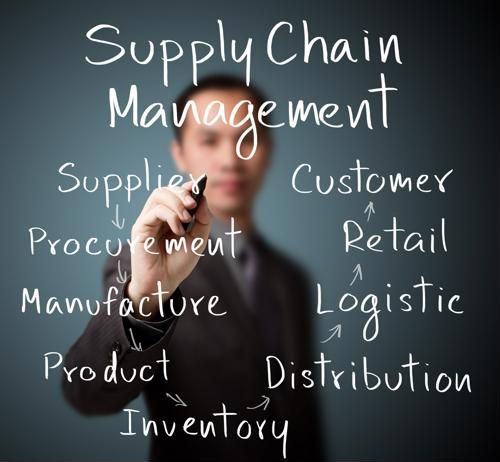This blog was last updated on June 27, 2021
Supply chain finance is a system of business operation that, to use a common term, knocks out three birds with one stone. In other words, it benefits the buyer, seller and financing institution involved in a deal, enhancing overall efficiency so everyone walks away from a deal happy. In fact, as financial information website Investopedia describes it, supply chain finance encourages collaboration between a buyer and seller rather than each party working solely for self-interested purposes.
Though supply chain finance has been around for a number of years, there’s an argument to be made that the government mandated e-invoicing system that’s in place throughout much of Latin America may help to further drive financing in the supply chain.
Latin America’s economy revolutionized by digitization
A big reason for this is because supply chain finance is a process that doesn’t happen without technology-based business processes in place. Unlike the US and Europe, Latin American countries including Brazil and Mexico have forced the adoption of electronic invoicing. And yes, most people when they first realize the complexity are more then taken aback by the workload ahead. However, there are huge benefits for Treasury and Accounts Payables organizations that are driven by these mandates.
Straight-Through Processing (STP) is a term that has been written about a lot, especially in an age where corporations are looking to technology to drive process efficiency. Straight-Through Processing (STP), by definition, takes electronic data from the invoice and automatically matches that data to a backing document, such as a Purchase Order and Goods Receipt. Where the match is exact or within tolerances set by the business, the invoice is processed and made ready for payment without manual intervention. This enables individuals to focus their energies on those invoices which are more problematic, which in turn allows companies to become more profitable and streamlined. Capturing the line item data electronically from an invoice is the major hurdle for STP and Latin America (Brazil and Mexico) eliminated many of the traditional roadblocks that have been plaguing electronic invoice initiatives in the European Union or the United States for a decade.
The benefits of the process in Brazil and Mexico:
- The dreaded scanning and OCR technologies are removed, as the government has mandated the use of an electronic invoice.
- Multiple invoice formats go away because the governments in Mexico and Brazil have standardized the invoice XML and data format.
- Supplier rollouts and conversion to electronic invoices are simplified as the government mandates that the XML invoice, which is what matters fiscally, be made available to the buyers
- Many accuracy issues are reduced as what is on the invoice will match what is on the truck. Part of the process mandates that a truck cannot leave the warehouse without a special printed version of the invoice accompanying the truck.
- Time constraints shrink because the XML invoice can be made available to the Buyer even before the goods arrive at the unloading dock. Your invoice can run through the majority of matching even prior to the truck arriving. This accelerated matching and time savings make the Latin America market an opportune target for supply chain financing and reverse factoring.
When you don’t have to wrestle with automation and how to implement it in your supply chain, organizations can turn to more strategic discussions including:
- Solving the inability to optimize cash flow (e.g., Missed Discounts)
- Addressing liquidity concerns for mission critical supplier operations
- And, exploring options for short-term investment of Cash in alternative investments where yields can be more attractive.
The expedited nature e-invoicing across Latin America often carries withit negative views as it does increase the work load of a company to maintain compliance. However, this same arduous process will bring needed financing to a brand new set of emerging companies.
